
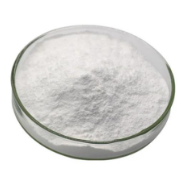
Name: Sodium bicarbonate CAS No.: 144-55-8 Appearance: White powder or opaque monoclinic system fine crystals Molecular formula: CHNaO3 Molecular Weight: 84.01 Melting point:>300 °C(lit.) PACKAGE:25KG/BAG
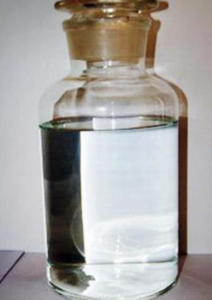
Name: Dichroromethylvinylsilane CAS number: 124-70-9 Molecular formula: C3H6Cl2Si Molecular weight: 141.07 EINECS number: 204-710-3 Mol file: 124-70-9.mol
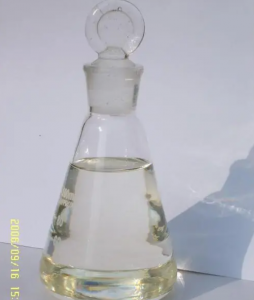
Name: Vinyltrimethylsilane CAS number: 754-05-2 Molecular formula: C5H12Si Molecular weight: 100.23 EINECS number: 212-042-9 Mol file: 754-05-2.mol
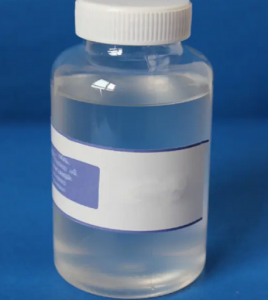
Name: Ethoxydimethylvinylsilane CAS number: 5356-83-2 Molecular formula: C6H14OSi Molecular weight: 130.26 EINECS number: 226-341-7 Mol file: 5356-83-2.mol
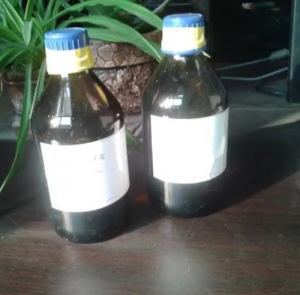
Name: CHLORODIMETHYLPINYLSILANE CAS number: 1719-58-0 Molecular formula: C4H9ClSi Molecular weight: 120.65 EINECS number: 217-007-1 Mol file: 1719-58-0.mol
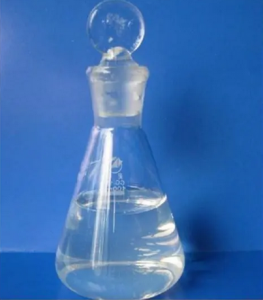
Name: 1,1,3,3-TETRAMETHYL-1,3-DIVINYLDISILAZANE CAS number: 7691-02-3 Molecular formula: C8H19NSi2 Molecular weight: 185.41 EINECS number: 231-701-1 Mol file: 7691-02-3.mol

Dear Customer, We would like to take this opportunity to thank you for your kind support all this while. Please kindly be advised that our company will beclosed from JAN 26th~ Feb 04th , in observance...
Sodium saccharin is a sweetening additive that can be used in the food industry and industrial industries. Sodium saccharin, also known as soluble saccharin, is the sodium salt of saccharin, with two crystal waters, colorless crystals or slightly white. The crystalline powder generally contains two crystal waters and easily loses crystal water to form anhydrous saccharin. It is white powder, odorless or slightly scented, with a strong, sweet and bitter taste. So, what industries can saccharin sodium be used in?
1. Electroplating industry: Electroplating grade sodium saccharin is mainly used for electroplating nickel, which is used as a brightener. Adding a small amount of sodium saccharin can improve the brightness and flexibility of electroplated nickel. The general dosage is 0.1-0.3 grams per liter of potion.
2. Daily chemical industry: toothpaste, mouthwash, eye drops, etc.
3. Food: general cold drinks, beverages, jelly, popsicles, pickles, preserves, pastries, preserved fruits, meringues, etc. Used in the food industry and diabetics to sweeten their diet, it is a commonly used synthetic sweetener.
4. Feed additives: pig feed, sweeteners, etc.
 online service
online service +8613866722531
+8613866722531 pweiping@techemi.com
pweiping@techemi.com pweiping
pweiping +8613866722531
+8613866722531